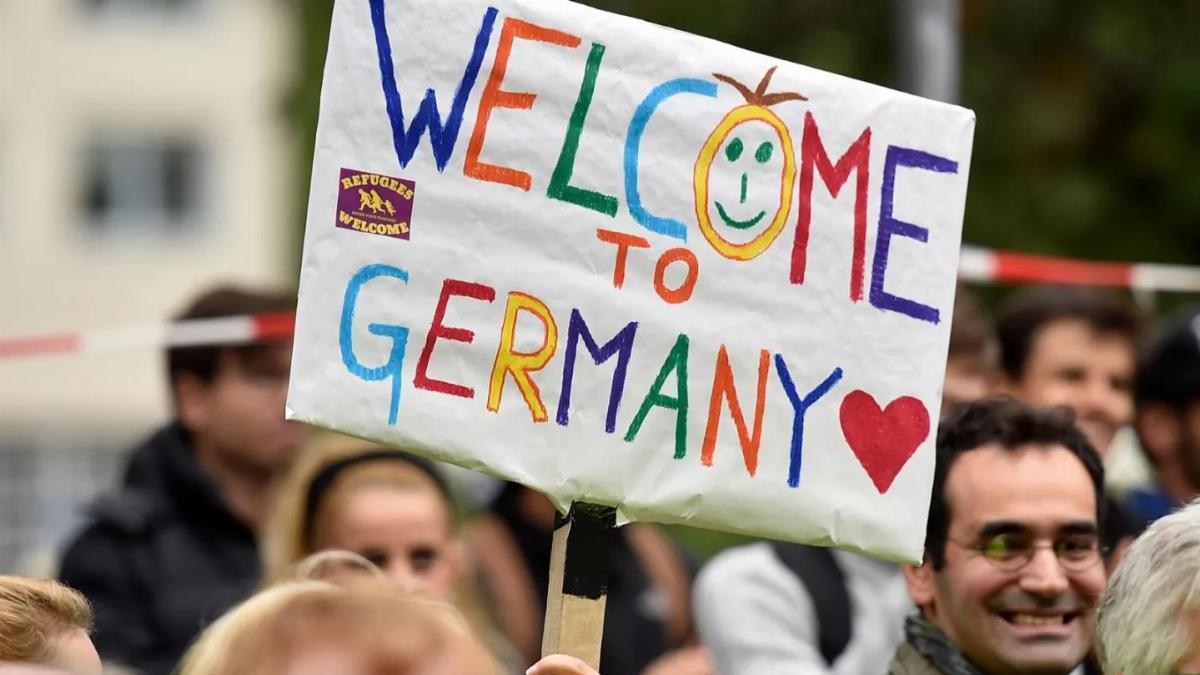
Immigrants in eastern Germany face uncertainty amid political shifts
In eastern Germany, immigrants are grappling with the implications of the Alternative for Germany (AfD) party's recent electoral successes. The far-right AfD has been vocal against immigration during campaigns in states such as Thuringia, Saxony, and Brandenburg, despite these regions' reliance on immigrant labor.
N3 Engine Overhaul Services, a company based in Arnstadt, Thuringia, exemplifies this contradiction. Specializing in aircraft engine servicing, N3 is expanding operations with a €150 million investment to accommodate a growing demand for its services. Financial director Stefan Landes emphasized that the company thrives on a diverse workforce, with 1,100 employees from 25 nations contributing to its success. Employees like IT specialist TJ from the Philippines and aerospace engineer Luis from Chile express appreciation for the inclusive work environment.
However, the rise of the AfD has raised concerns among immigrant workers. Yuth, a customer service representative from Thailand, shared mixed feelings about the political landscape, noting that immigrants come to contribute positively to the economy. Landes reiterated that skilled workers from abroad are essential for the continued success of companies like N3.
The region is facing a skilled labor shortage, with 42.1% of businesses in eastern Germany reporting negative impacts from the lack of specialists, according to a survey by the Ifo Institute for Economic Research. This issue extends to healthcare, where non-German doctors constitute a significant portion of the workforce. Syrian cardiologist Anas Jano remarked that many foreign doctors are concerned about the political climate following the AfD's electoral success.
A survey by the German Center for Integration and Migration Research (DeZIM) revealed that one in four people with an immigration background in Germany is considering leaving the country due to political uncertainty. Colleagues of cardiologist Samer Matar express hesitation about their futures in Germany, particularly regarding their children's education.
Local businesses, such as the Brotklappe bakery in Weimar, showcase the positive contributions of immigrants to the economy. Workers like Oryna from Ukraine and Mohammed from Somalia appreciate the supportive work environment. The bakery aims to simplify the hiring process for foreign workers and emphasizes the need for a diverse workforce.
However, the AfD's growing influence has led to increased hostility towards immigrants, with reports of racist harassment rising in the region. Surveys indicate that a significant portion of the population holds negative views toward skilled worker immigration. Activists call for greater political education and support for immigrant communities to counteract these trends.







